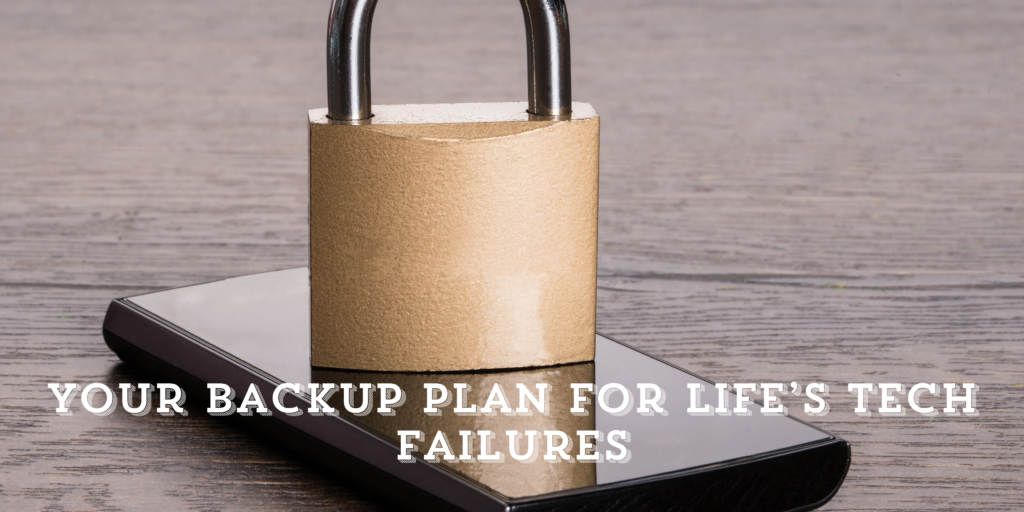Smartphones store vast amounts of personal information—everything from financial details to private conversations. In the event of a theft or loss, phone insurance not only helps you replace your device but can also assist in protecting your privacy by ensuring that your old device is locked or wiped remotely. Many insurance providers offer data protection services that include options to remotely lock or erase data, ensuring your sensitive information doesn’t fall into the wrong hands.
How to Choose the Best Phone Insurance Provider
With so many phone insurance providers in the market, how do you know which one is best for you? Here are a few factors to consider:
- Reputation and Reviews: Check online reviews and ask for recommendations. A reliable provider with good customer service is essential.
- Policy Terms and Exclusions: Make sure you understand the fine print, including any exclusions or conditions that could impact your coverage.
- Claim Process: Look for providers that offer a hassle-free claim process, whether online, via app, or by phone.
- Cost and Deductibles: Compare the cost of premiums and deductibles across different providers to find the best balance of affordability and coverage.
Phone Insurance vs. Manufacturer’s Warranty: What’s the Difference?
Many phone owners assume that their manufacturer’s warranty is sufficient protection, but warranties and insurance are not the same. A manufacturer’s warranty typically only covers hardware defects or manufacturing issues, while phone insurance goes much further by covering accidental damage, theft, and even loss. It’s crucial to understand the differences so you can supplement your warranty with an insurance policy that fills the gaps.
Is Phone Insurance Necessary for Older Devices?
A common question many people have is whether phone insurance is worth it for older devices. While it’s true that an older phone may not be as valuable as a brand-new model, it still holds personal data and important files. If replacing your older device would cause financial strain or disrupt your daily routine, phone insurance may still be a valuable investment, especially if you rely on it for work or personal use.
The Impact of Not Having Phone Insurance
While phone insurance may seem like an optional expense, the impact of not having insurance can be significant. A broken or stolen phone can:
- Interrupt work and personal life: Losing a phone can cut off communication, resulting in missed work or personal commitments.
- Cause financial strain: Replacing or repairing a phone can be an unexpected financial burden.
- Lead to data loss: Without insurance, you may not have access to recovery services to protect your personal information, photos, and contacts.
Insurance ensures that you’re covered in these issues and won’t be caught off-guard financially or emotionally.
Should You Add Phone Insurance to Your Homeowners or Renters Insurance?
Did you know you can add phone coverage to your existing homeowners or renters insurance policy? While this can be convenient, it may not offer the specialized benefits of a standalone phone insurance plan. Homeowners’ and renters’ policies may come with higher deductibles and may not cover common phone-related damages, like accidental drops or liquid damage. However, this can be an affordable option for some individuals, especially if they want to consolidate insurance plans.
How Phone Insurance Works for Families
Managing the cost of repairs or replacements can be daunting for families with multiple devices. Some insurance providers offer family plans or multi-device discounts, allowing you to cover multiple phones under one policy. This is especially useful if you have children who are more likely to damage or lose their devices. Having a family plan ensures that everyone’s phone is protected without having to pay for separate policies for each device.
Common Myths About Phone Insurance
There are several misconceptions when it comes to phone insurance. Let’s debunk a few common myths:
- “I don’t need phone insurance if I have a case and screen protector.”
While protective gear can minimize the risk of damage, it doesn’t make your phone immune to drops, water damage, or theft. - “Phone insurance is too expensive.”
In reality, the cost of a repair or replacement is usually much higher than the premium for phone insurance. Many providers offer flexible plans to fit different budgets. - “I can rely on my credit card’s insurance.”
Some credit cards offer limited coverage, but often only for a short period after purchase and may exclude certain types of damage. Make sure to compare the coverage limits before relying solely on credit card insurance.
How to File a Phone Insurance Claim: A Step-by-Step Guide
Filing an insurance claim should be straightforward if you know the process. Here’s a basic outline:
- Report the Issue: If your phone is lost or stolen, report it immediately to the police or relevant authorities, as some insurers require this as part of the claims process.
- Contact Your Insurance Provider: Use your provider’s app or website to file a claim. You’ll need details of the incident, your phone model, and your policy information.
- Submit Proof of Damage: Some insurers will require photos or a diagnostic report from an authorized repair service.
- Pay the Deductible: Once the claim is approved, you’ll need to pay your deductible before receiving a repair or replacement device.
Phone Insurance and Environmental Impact: Reducing E-Waste
Another often overlooked benefit of phone insurance is its contribution to reducing electronic waste (e-waste). Instead of disposing of damaged devices and purchasing new ones, insurance allows you to repair your current phone, extending its lifespan. This helps reduce the environmental impact of manufacturing new devices and disposing of old ones. Opting for insurance could be a small step towards a more sustainable lifestyle.
